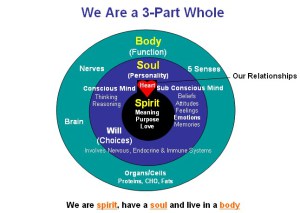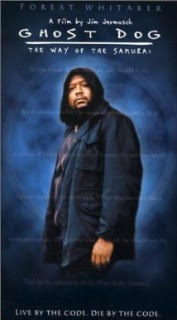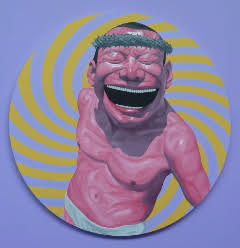The Journey Home
At the suggestion of the Ven. Yao Xiang, Ming Zhen watched the YouTube conversation in which an orthodox Catholic priest traces his life from drugs and motorcycles to his present ministry. His recommendations are somewhat different from the Zen prescription, which Ming Zhen responds to in her essay.
Congratulations!
We would like to congratulate Victoria, lovely wife of Abbot Ken, for her great performance in Pensacola Marathon. She finished in 4 hours 39 minutes! Ninth in her division!!! Thanks Vicky and Ken for sharing with… Congratulations!
Hagakure (#6)
It is never too late to adopt the Samurai Way of Life, to abandon old selfish ways, to embrace new principles, and to devote one’s life to being loyal to those principles. Especially after a surviving a critical challenge to one’s existence, we experience a great need to find a better way of living, a code to live by that will impart indomitability to us. We are done with being weak. In her review of Jim Jarmusch’s film Ghost Dog, Ming Zhen Shakya shows one man’s conversion to the discipline of righteous beliefs.
A Prescription for Murder (#6)
Juan has retreated to the tropical jungle. He harbors a subtle jealousy of Tony Celine and a bold disgust with people. He’s defeated and physically ill and doesn’t want to know anything about anyone. Karen gets answers to her questions – some good and some distressing. Her odyssey has come to an end.











